
HOW WE WORK

FRONTLINE RELIEF
Providing front line relief is one of the primary goals of the training undergone by Ranger teams. The training empowers small teams with the skills and tools necessary to perform relief missions under any circumstances; once they are trained, FBR equips them for missions. The result of this decentralized strategy leads to more pinpointed aid adjusted to the needs of individual communities under direct or indirect attack by the dictators. In this regard, FBR’s unofficial guiding principle is: do not be led by comfort, fear, or pride, but be led by love.
Ranger teams primarily serve by doing casualty evacuation, conducting medical clinics, buying and transporting food to areas in need, distributing clothing, putting on Good Life Club programs, and documenting the oppression they encounter as well as stories told them by the people they’re serving.
CAPACITY BUILDING
FBR, in cooperation with local pro-democracy ethnic groups, conduct combined training programs on ethnic unity, leadership and relief activities in Burma. The program integrates seminars and training sessions covering ethnic unity, leadership, capacity building, humanitarian relief, medical assistance, reporting and advocacy.
The teams receive training in ethnic issues, leadership, ethics, conflict resolution, public health, first aid, advanced medical and basic dental care, human rights interviewing and documentation, reporting, counseling, video and still photography, map and compass use, land navigation, map sketching, mule and horse packing, swimming, lifesaving, rappelling, rope bridge building, river crossing techniques, security, solar power and battery management, communications, planning, operation orders and the history of ethnic nationalities of Burma.

GET THE NEWS OUT
Human rights and conflict monitoring is a key part of the mission of the Free Burma Rangers. FBR’s network exists throughout Burma and has access to many areas that outside journalists or conflict monitors cannot normally reach. Through this network, FBR is able to obtain eye-witness testimony and video and photography of some of the most important events happening in Burma, including documentation of human rights abuses and war crimes perpetrated by the Burma Army. All of FBR’s teams are equipped with video and photographic cameras, as well as reporting books, computers, and communications devices.
It is the intention of FBR to continue to utilize its reporting for the pursuit of truth, justice and reconciliation in Burma. FBR’s material is used by international news organizations, rights groups, other aid groups, and government bodies to counter the official propaganda of Burma’s government and help guide interventions and activity in Burma.
OUR APPROACH
FBR is a multi-ethnic humanitarian service movement working to bring help, hope and love to people in conflict zones. Working in conjunction with local pro-democracy groups, FBR trains, supplies, and later coordinates with what become highly mobile relief teams. After training, these teams provide emergency medical care, shelter, food, clothing and human rights documentation in their home regions. The teams are to avoid contact with attacking forces and operate under the protection of local pro-democracy forces. However, they cannot run away if the people they are helping cannot escape attacks. Men and women of many ethnic groups and religions are part of FBR.



